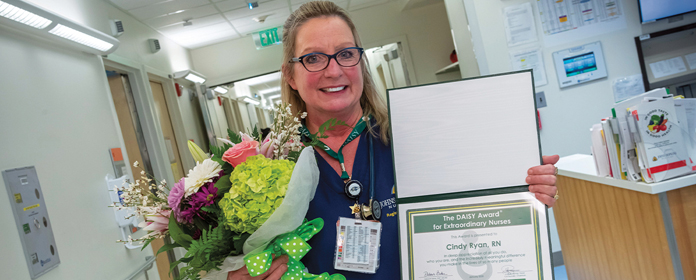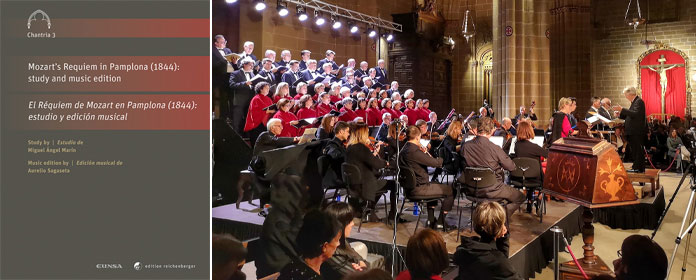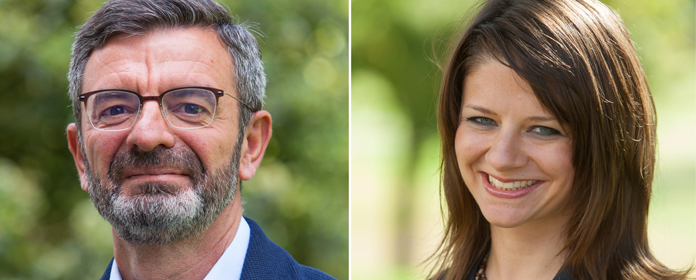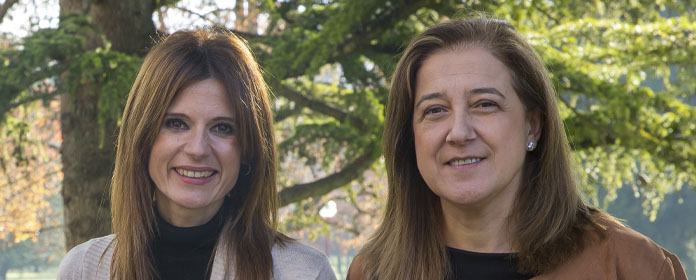"The social impact of research involves more than communicating results: it involves improving the lives of people and their community."
José Miguel Carrasco, partner founder of a cooperative of research social in health and welfare, teaches the module of research qualitative Master's Degree in research in Social Sciences.
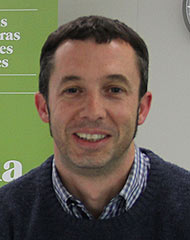
PHOTO: Isabel Solana
Every year more than two million scientific articles are published worldwide, according to data of the World Bank. The knowledge generated in all areas of knowledge could drive the progress of humanity, but to what extent does it actually impact citizens? Numerous research centers and funding bodies around the world - from private foundations to governments - are currently engaged in a process of reflection on how to ensure that the contribution of specialists goes beyond the boundaries of their libraries and laboratories to promote innovation and change.
"The social impact of research involves much more than communicating results: it involves improving the lives of people and their communities," says José Miguel Carrasco, graduate in Political Science and Sociology and PhD in Public Health.
This former researcher of the Institute for Culture and Society (ICS) of the University of Navarra and current professor of Master's Degree in research in Social Sciences (MICS) has more than 15 years of experience. Based on the experience and vision he has acquired in that time, he has recently launched Aplica Coop with two other partners, a cooperative dedicated to three areas: support for the research, the teaching on issues such as quantitative and qualitative research or the assessment of impact on health; and the transfer of scientific knowledge to society, as well as its implementation.
Entrepreneurial adventureJosé Miguel Carrasco points out that at the end of many papers it is stated: "This article could be useful for...". He regrets that those who could make use of these conclusions to take measures that benefit society - legislators, politicians... - do not read them. "We feel that scientific production is often disconnected from social impact and we want to provide mechanisms for research teams to make that leap," he says.
Some of the larger projects they have been involved in include the implementation of a World Health Organization mobile application to enable patients in India, Uganda and Zimbabwe to have better symptom control without the need for clinical teams to travel to examine them. They are also collaborating with a European project from a Levantine university, taking care of their political and communicative advocacy.
His entrepreneurial adventure is undoubtedly off to a promising start. sample to young researchers who, after a period of training and experience in universities and research centers, can see beyond and discover professional options such as NGOs, foundations, consultancies... that seek to apply the data results obtained in certain areas, such as health or Education. "They are an example that research can also be carried out without seeking academic impact, but rather directly through intervention," explains Carrasco.
The value of qualitative researchWhen developing projects in a rigorous manner, whether in academia or in other institutions subject , he points out that in addition to the quantitative aspects - 'how much' or 'how many times' - qualitative aspects - 'how' or 'why' - must be taken into account. He teaches class on these methodologies at MICS.
"The qualitativeresearch financial aid to understand why people think and behave the way they do. If we only measure numbers, we lose the nuances of the speech behind them," he says. And he argues that, in terms of social impact, this is essential: "When we want to transfer the conclusions of a scientific work to the public, knowing how and why they feel, think and react in a certain way helps us financial aid to characterize the recipients of our messages and, therefore, to reach them more successfully".


